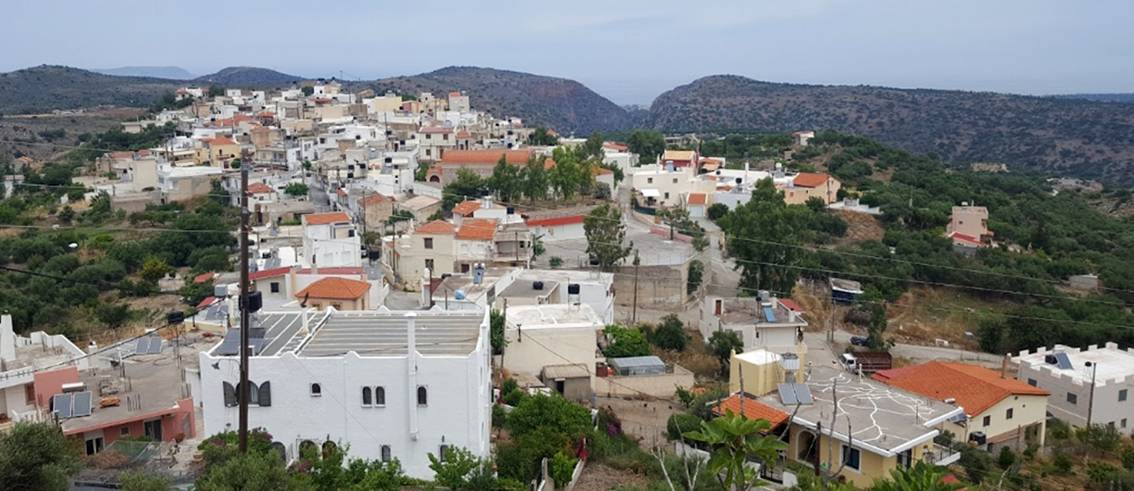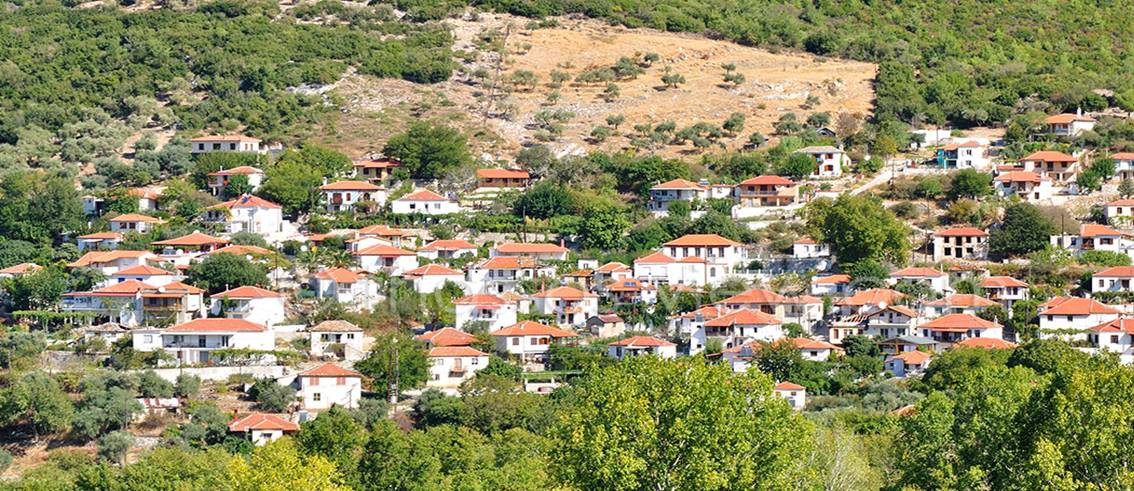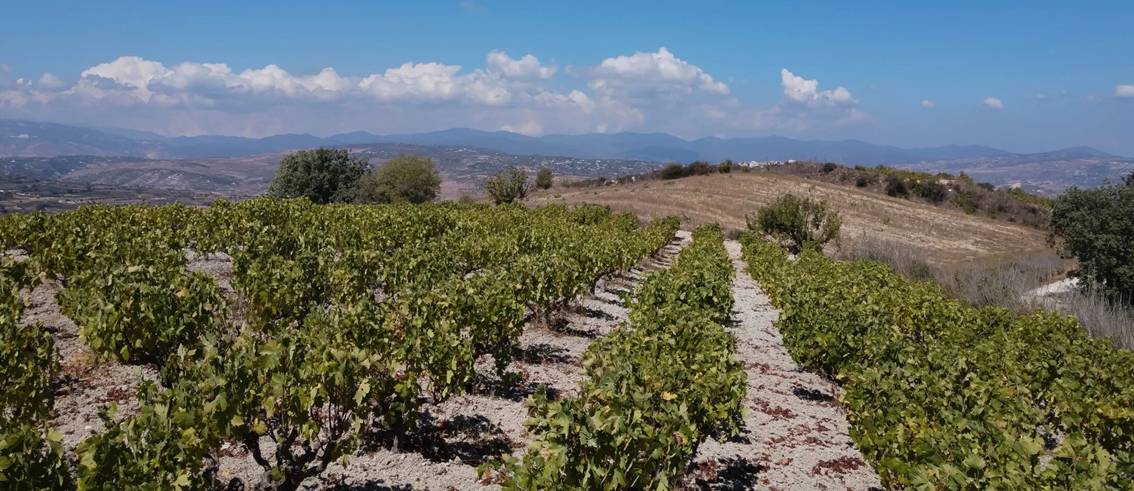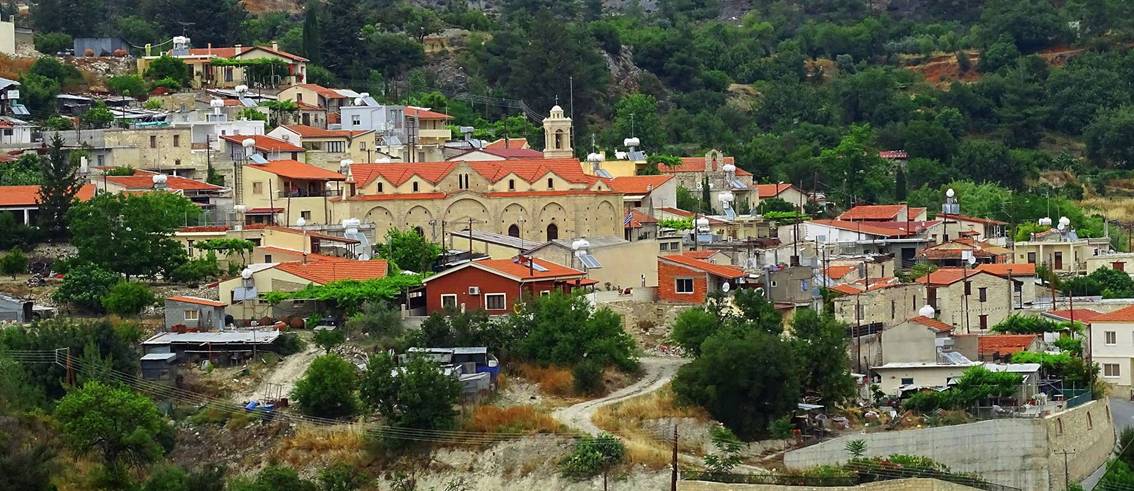Kalo Chorio Commandaria Village
Kalo Chorio Commandaria Village is a charming village in the Limassol District of Cyprus. It sits in the Troodos Mountains and is famous for its connection to Commandaria wine. This wine is one of the world’s oldest and most storied. The village blends history, culture, and natural beauty, making it a must-visit for those interested in Cypriot heritage and viticulture.
Historical Significance
Kalo Chorio means “Good Village.” Its history dates back to ancient times. The village is part of the Commandaria region, which includes 14 villages in the Troodos foothills. These villages are known for producing Commandaria wine. The wine has a history of over 4,000 years, making it one of the oldest named wines still in production.
The Origin of Commandaria
The name “Commandaria” comes from the Crusaders’ era. In the 12th century, the Knights of St. John established a headquarters, or “Commandery,” in the region. The wine from this area became highly renowned. The medieval chronicler Philip of Novara called it the “wine of kings and the king of wines.”
Commandaria Wine
Kalo Chorio has a deep tradition of producing Commandaria wine. The wine comes from sun-dried Xynisteri and Mavro grapes, offering a sweet, rich flavour. This flavour has captivated wine lovers for millennia. The region’s unique climate, with warm summers, mild winters, and mineral-rich soils, creates ideal conditions for viticulture.
Local winemakers harvest the grapes late in the season to ensure maximum ripeness. They then dry the grapes in the sun to concentrate their sugars. The result is an amber-coloured wine with complex flavours of dried fruit, honey, and spices.
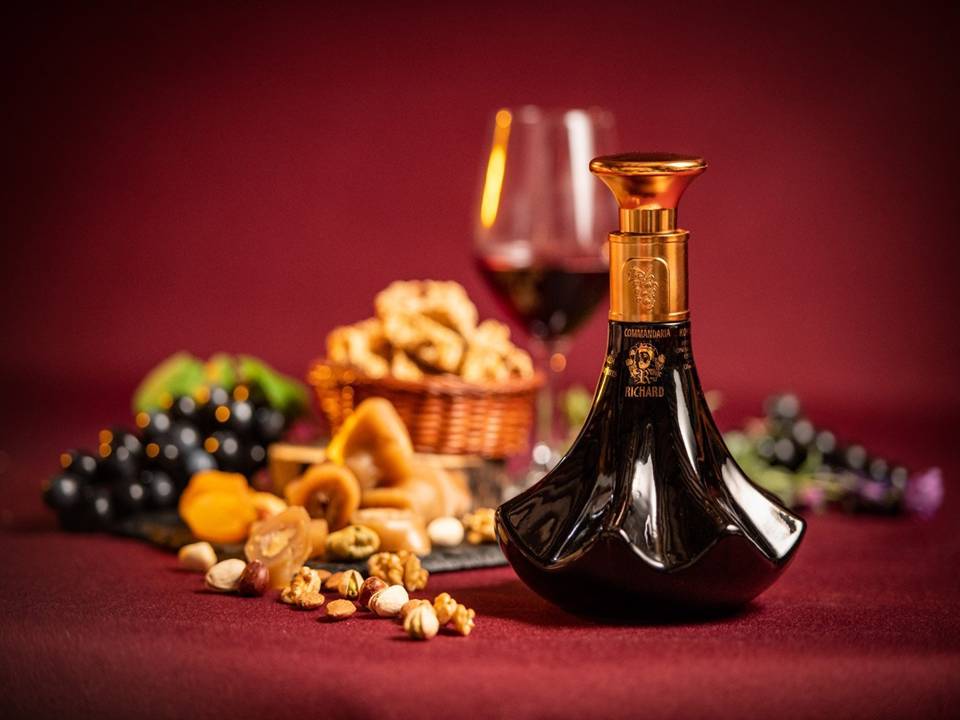
Visitors to Kalo Chorio can experience this traditional winemaking process first-hand. Many local wineries welcome guests with tours and tastings. These experiences not only delight the senses but also provide a deeper understanding of a tradition preserved through generations.
Cultural and
Natural Attractions
Beyond its wine heritage, Kalo Chorio showcases traditional Cypriot life. The village features stone-built houses, narrow winding streets, and the 16th-century St. George’s Church. This church is known for its Byzantine-style frescoes and stands as a testament to the village’s rich religious history.
Kalo Chorio also serves as an excellent base for exploring the Troodos Mountains. The surrounding area boasts hiking trails that wind through pine forests, past waterfalls, and up to viewpoints. These viewpoints offer breath-taking panoramas of the Cypriot countryside. The trails are especially popular in spring when wildflowers bloom, and the air carries the scent of pine and herbs.
Local Culture and Community
The residents of Kalo Chorio are known for their warm hospitality and strong community spirit. Traditional events and festivals play a vital role in village life. These events often centre around religious holidays and the agricultural calendar. Visitors are frequently invited to join these celebrations, offering a deeper connection to the local culture.
Conclusion
Kalo Chorio Commandaria Village is more than just a village; it embodies Cyprus’s rich cultural and historical heritage. Its ties to the legendary Commandaria wine, combined with its scenic beauty and traditional charm, make it a unique and unforgettable destination. Whether you’re a history enthusiast, a wine lover, or simply seeking an authentic Cypriot experience, Kalo Chorio has something truly special to offer.

